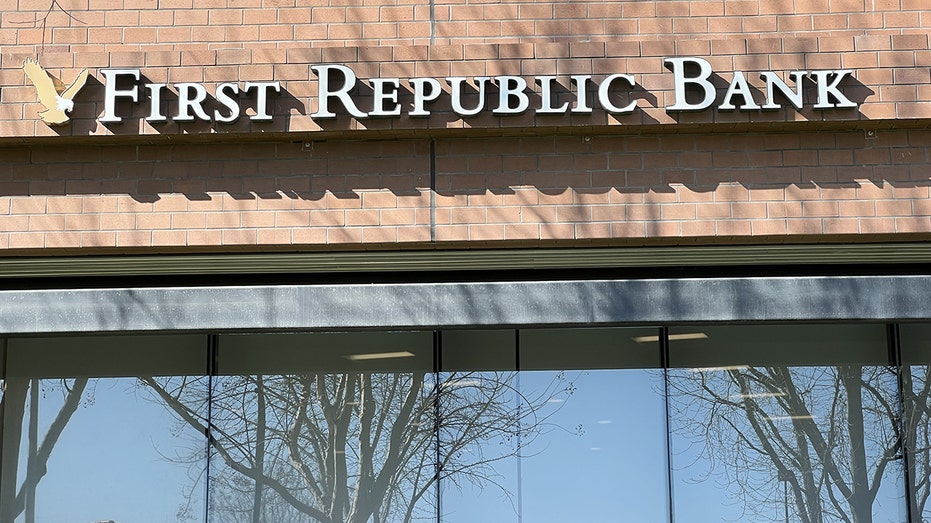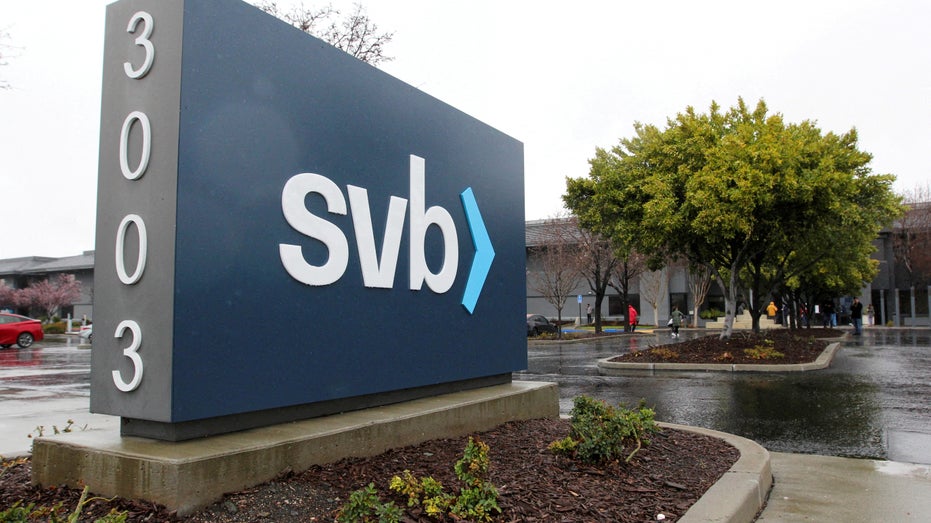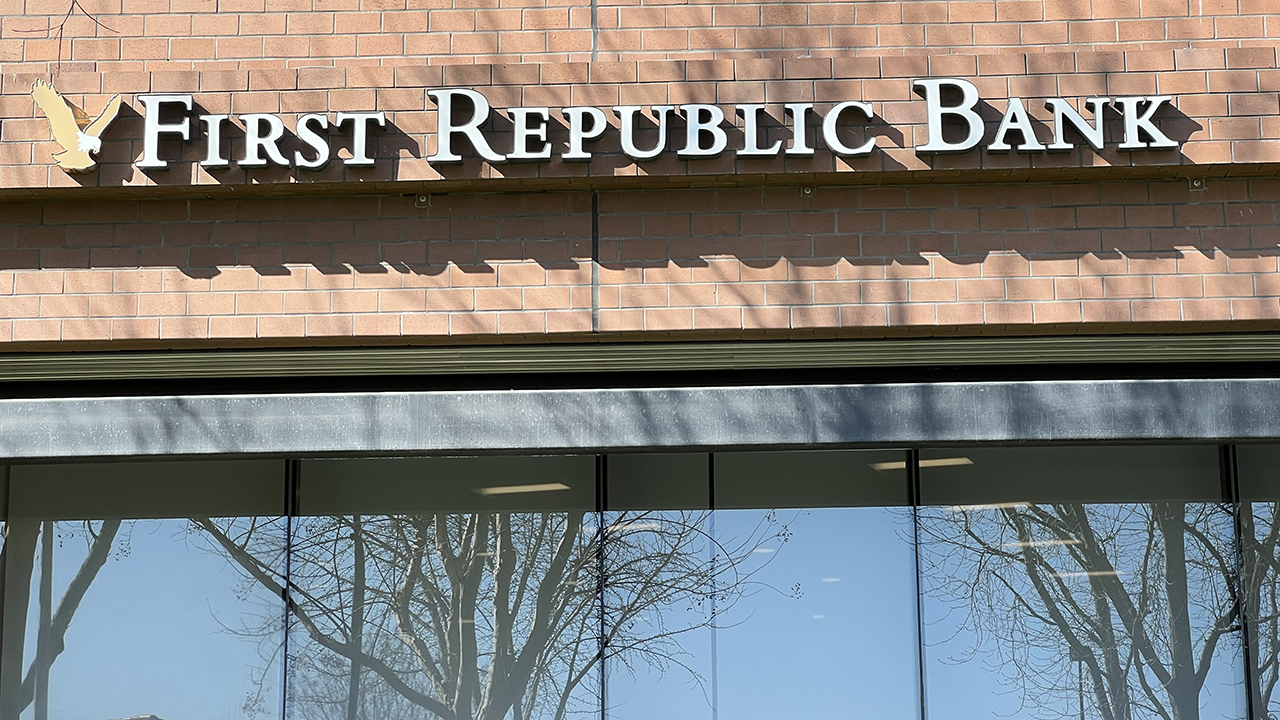First Republic gets $30 billion rescue from biggest US banks
11 banks deposited $30B in First Republic Bank
US banks should prepare for 'series of major regulations': Bove
Odeon Capital Group chief financial strategist Dick Bove argues that the most important regulation coming will be for common equities, similar to the 2008 crisis.
A group of the nation's biggest banks swooped in on Thursday afternoon to rescue First Republic Bank with a $30 billion deposit, a move intended to shore up the beleaguered San Francisco lender amid fears of a broader financial crisis.
JPMorgan Chase, Citigroup, Bank of America and Wells Fargo will each contribute $5 billion; Goldman Sachs and Morgan Stanley will deposit about $2.5 billion each, according to a news release from the banks. Truist, PNC, U.S. Bancorp, State Street and Bank of New York Mellon will provide about $1 billion apiece.
"This action by America’s largest banks reflects their confidence in First Republic and in banks of all sizes, and it demonstrates their overall commitment to helping banks serve their customers and communities," the coalition said in a joint statement.
The deposits are required to stay at First Republic for at least 120 days, according to the terms of the agreement, while earning the same daily interest as the lender's current clients.
A spokesperson for First Republic Bank declined to comment on the matter.
ONE YEAR INTO ITS INFLATION FIGHT, THE FED FACES MURKY FUTURE
| Ticker | Security | Last | Change | Change % |
|---|---|---|---|---|
| FRC | NO DATA AVAILABLE | - | - | - |
| JPM | JPMORGAN CHASE & CO. | 308.03 | -0.76 | -0.25% |
| BAC | BANK OF AMERICA CORP. | 52.77 | -0.59 | -1.12% |
| WFC | WELLS FARGO & CO. | 87.58 | -0.97 | -1.10% |
| CITI | NO DATA AVAILABLE | - | - | - |
Federal regulators lauded the move, which came after several brutal and volatile days for First Republic shares. The stock – which hovered around $115 per share on March 8 – fell as low as $19 per share this week, the lowest level in a decade.
The wild swings in stock price came in the wake of the stunning collapse of Silicon Valley Bank last Friday, which sparked widespread investor panic.
Customers yanked billions in deposits out of First Republic, prompting the bank to shore up its finances with additional funding from the Fed and JPMorgan. That first cash infusion gave the bank — which boasts $213 billion in assets — roughly $70 billion in unused liquidity.
SILICON VALLEY BANK RECKLESS WITH RISK, ESG PUSH: STATE FINANCIAL OFFICERS

A First Republic Bank branch in San Ramon, California, on March 16, 2023. (Smith Collection / Gado / Getty Images / Getty Images)
First Republic, which has more than 80 branches across the U.S., contacted customers over the weekend in an attempt to reassure them about its health.
"In light of recent industry events, the last few days have caused uncertainty in the financial markets," executives wrote in an email to clients obtained by FOX Business. "We want to take a moment to reinforce the safety and stability of First Republic, reflected in the continued strength of our capital, liquidity and operations."
Still, S&P Global Ratings and Fitch Ratings cut First Republic to junk status earlier this week amid concern that clients will pull holdings from the lender.
SILICON VALLEY BANK COMMITTED ‘ONE OF THE MOST ELEMENTARY ERRORS IN BANKING,’ LARRY SUMMERS SAYS
The concerns at First Republic and other midsize regional banks began after the historic failure of Silicon Valley Bank — the 16th largest lender in the country — on Friday afternoon following a liquidity crunch. It marked the largest U.S. bank failure since the global financial crisis in 2008.

Silicon Valley Bank headquarters in Santa Clara, California, on March 10, 2023. (Reuters / Nathan Frandino / Reuters Photos)
SVB, which largely catered to tech companies, venture capital firms and high-net-worth individuals, saw a huge boom in deposits during the pandemic, with its assets surging from $56 billion in June 2018 to $212 billion in March 2023. The bank responded by investing a large chunk of that cash into long-term U.S. Treasury bonds and other mortgage-backed securities. However, that strategy backfired when the Fed embarked on the most aggressive interest-rate hike campaign since the 1980s, and the value of those securities tumbled.
That coincided with a decline in available funding for start-ups, which started drawing down more of their money to cover their expenses, forcing the lender to sell part of its bond holds at a steep $1.8 billion loss. When depositors realized that SVB was in a precarious financial situation, a bank run ensued.





















